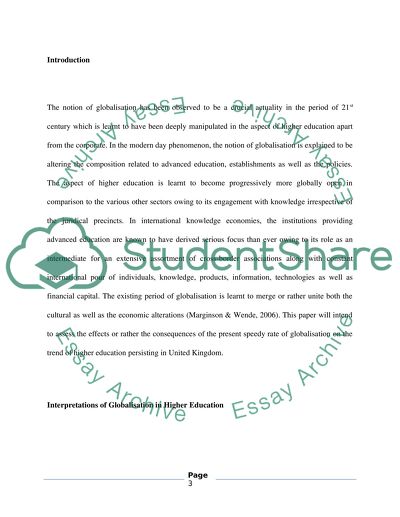Cite this document
(“Impact of Globalisation in High Education Essay”, n.d.)
Retrieved from https://studentshare.org/education/1450109-impact-of-globalisation-in-high-education
Retrieved from https://studentshare.org/education/1450109-impact-of-globalisation-in-high-education
(Impact of Globalisation in High Education Essay)
https://studentshare.org/education/1450109-impact-of-globalisation-in-high-education.
https://studentshare.org/education/1450109-impact-of-globalisation-in-high-education.
“Impact of Globalisation in High Education Essay”, n.d. https://studentshare.org/education/1450109-impact-of-globalisation-in-high-education.


